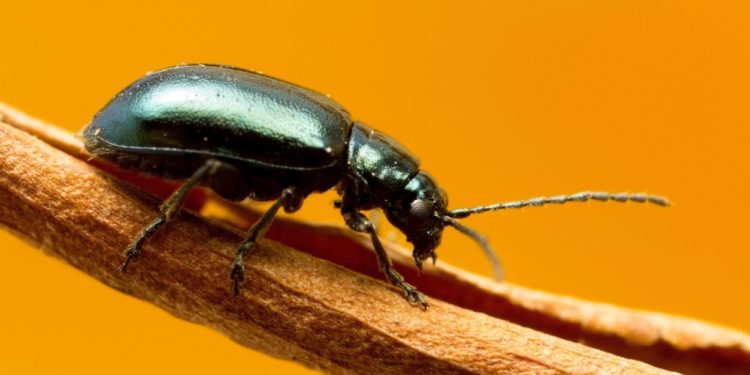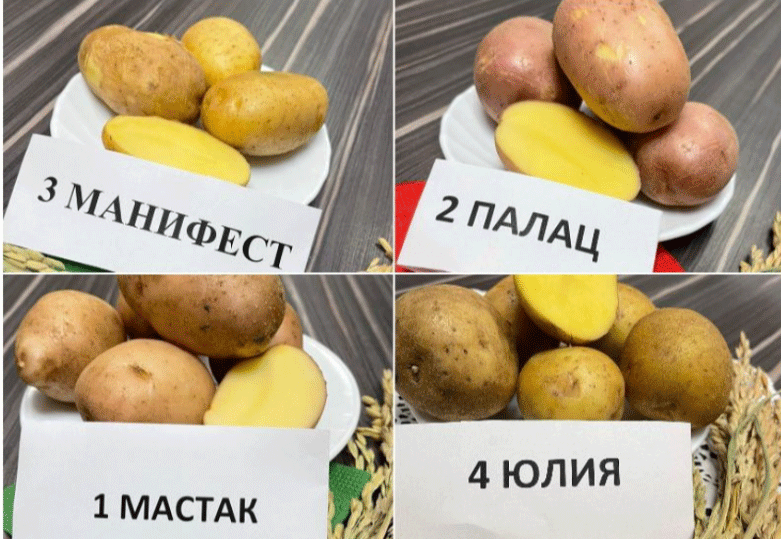#PotatoFarming #SustainableAgriculture #PestControl #NaturalPredators #IPM
Potato flea beetle, scientifically known as Halticus spp., is a notorious pest that can cause considerable damage to potato plants. They belong to the leaf beetle family and are known for their jumping abilities, which makes them difficult to control. Infestation of these pests can lead to reduced crop yield and quality, affecting the livelihoods of farmers who depend on potato farming.
To control the infestation of Halticus spp., farmers often rely on pesticides. However, the excessive use of pesticides can lead to environmental pollution and health hazards. Therefore, the development of sustainable and environmentally friendly pest control measures is essential.
Integrated pest management (IPM) is an approach that combines different pest control methods to manage pests effectively. This method involves monitoring the pest population, identifying the pest species, and selecting the appropriate control measures. Biological control, such as introducing natural predators, is a promising method for controlling Halticus spp.
One of the most effective natural predators of Halticus spp. is the parasitic wasp, Tetrastichus julis. This wasp is known to parasitize Halticus spp. eggs, leading to a reduction in the pest population. Other natural predators, such as ladybugs and lacewings, can also be used in combination with Tetrastichus julis to control Halticus spp. infestation.
The development of sustainable pest control measures can have a significant impact on potato farming. Using IPM approaches and natural predators can lead to reduced pesticide use, which can save farmers money and reduce environmental pollution. Moreover, the use of natural predators can lead to an increase in biodiversity and provide ecological benefits.
In conclusion, the development of sustainable pest control measures, such as IPM and the use of natural predators like Tetrastichus julis, can effectively control Halticus spp. infestation in potato farming. This can lead to reduced pesticide use, cost savings for farmers, and ecological benefits.







